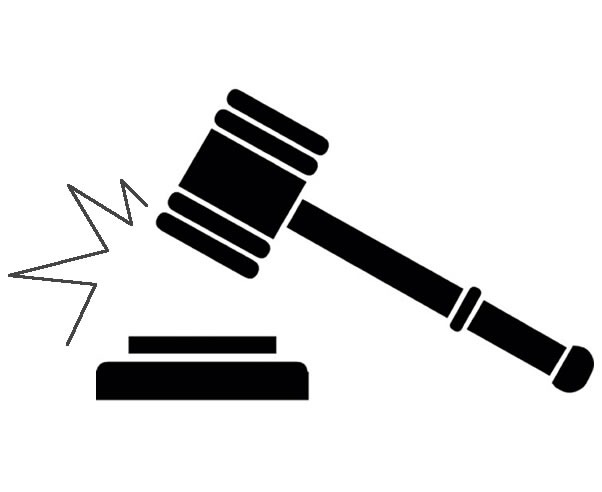Prosecution has an obvious retributive value. Those involved in corruption are not immune from the rule of law and criminal justice processes. In a number of jurisdictions, a conviction is necessary to trigger confiscation proceedings as an integral part of the process, both domestically and in terms of international applications for recovery. Prosecutions in some jurisdictions, however, may be problematic and a lengthy trial and/or failure to secure a conviction can be counter-productive to the public credibility of an anti-corruption agency.
Depending on the jurisdiction, the decision to prosecute should also depend on the purpose of the prosecution (retribution or restitution of illicitly-acquired assets, or both), the strength of the case file, witnesses and other material, and the likely outcome. Usually, the Prosecutor-General is responsible for prosecution. However some anti-corruption agencies may also have prosecution powers. In some instances, legislation authorizes anti-corruption agencies to prosecute only in the event that the Prosecutor-General is unable or unwilling to prosecute a case in court.
